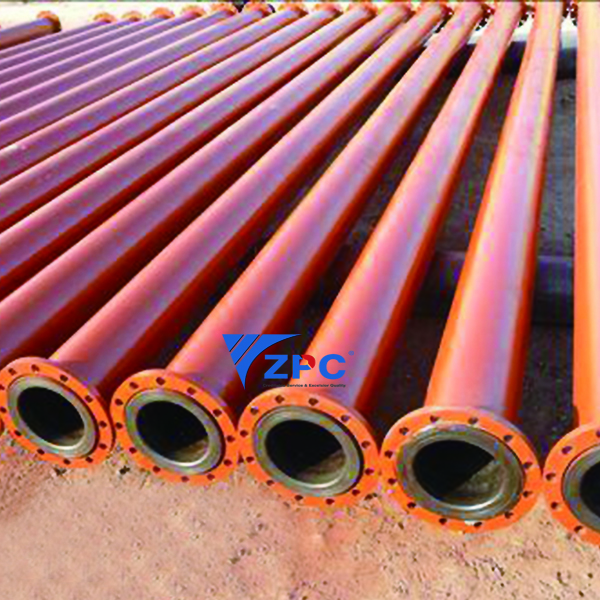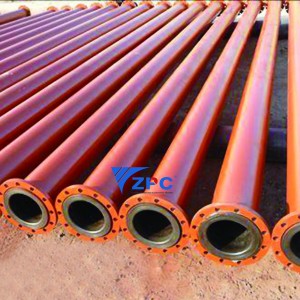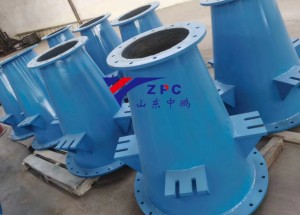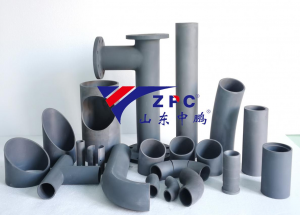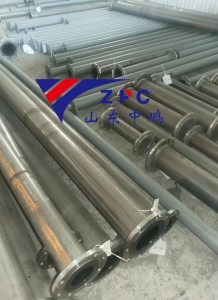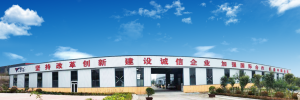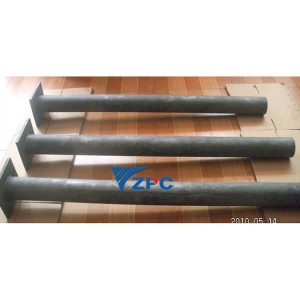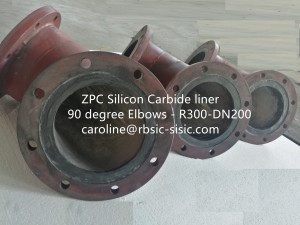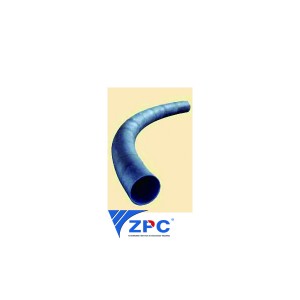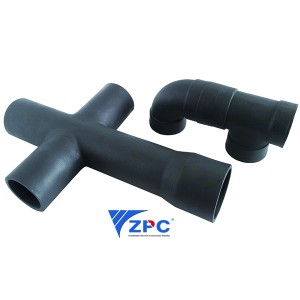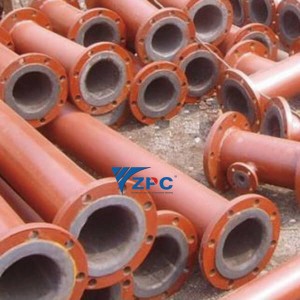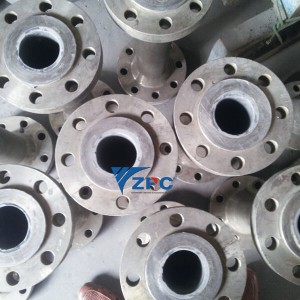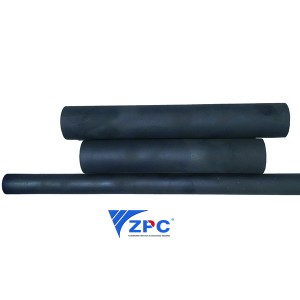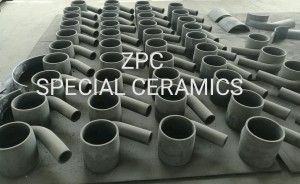Silicon carbide ceramic lined wear-resistant pipe and hydrocyclone in power plants
Silicon carbide ceramic wear-resistant pipes are becoming more and more popular in various industries due to their excellent durability and resistance to wear and corrosion. In particular, the application of silicon carbide ceramics in wear-resistant pipelines in power plants has proven to be very effective in extending the service life of pipeline systems and reducing maintenance costs.
Power plants are known for their harsh operating conditions, including high temperatures, abrasive materials, and corrosive substances. Therefore, the need for reliable and long-lasting piping solutions is critical to ensure efficient and uninterrupted operation of power generation facilities. This is where silicon carbide ceramic wear-resistant pipe comes into play, providing a high-quality alternative to traditional metal or plastic pipe materials.
Silicon carbide ceramics are known for their outstanding mechanical properties, including high hardness, excellent wear resistance and excellent thermal stability. These properties make them ideal for power plant applications where wear and erosion are common challenges. By using silicon carbide ceramic wear-resistant pipes, power plant operators can significantly reduce the frequency of pipe replacement and maintenance, thereby saving costs and improving operational efficiency.
One of the main advantages of silicon carbide ceramic wear-resistant pipes is their ability to withstand the abrasive effects of solid particles and slurries present in power plant processes. Whether transporting coal, ash or other abrasive materials, these pipes maintain their structural integrity and smooth interior surfaces, minimizing the risk of material buildup and flow restrictions. This in turn helps optimize the overall performance of the piping system and prevent potential bottlenecks or downtime.
In addition to excellent wear resistance, silicon carbide ceramic wear-resistant pipes exhibit high chemical inertness, making them suitable for handling corrosive fluids and gases commonly found in power plant operations. This corrosion resistance ensures the longevity of the pipeline infrastructure and reduces the likelihood of leaks or failures, thereby increasing the safety and reliability of plant processes.
Additionally, the lightweight nature of silicon carbide ceramic materials allows for easier installation and maintenance, reducing the labor and time required to handle and replace pipe components. This enables a more streamlined and cost-effective maintenance schedule, allowing plant personnel to focus on other critical aspects of plant operations and maintenance.
Overall, the use of silicon carbide ceramics in wear-resistant piping in power plants provides a compelling solution to the challenges associated with wear and corrosive environments. By leveraging the superior properties of silicon carbide ceramics, power plant operators can significantly increase the service life, reliability and cost-effectiveness of their piping systems, ultimately increasing the overall efficiency and productivity of their facilities. As demand for high-performance piping solutions continues to grow, silicon carbide ceramic wear-resistant pipes will play a key role in shaping the future of power plant infrastructure.
The use of ZPC ceramic-lined pipe and fittings is ideal in services that are prone to erosive wear, and where standard pipe and fittings would fail within 24 months or less.
ZPC ceramic-lined pipe and fittings are designed to outlast linings such as glass, rubber, basalt, hard-facings, and coatings that are commonly used to extend the life of piping systems. All pipe and fittings feature extremely wear resistant ceramics that are also exceptionally corrosion-resistant.
SiSiC is formed by slip-casting which allows us to form a monolithic ceramic linings without any seams. The flow-path is smooth without any abrupt changes in direction (as is typical with mitered bends), resulting in a less turbulent flow and increased wear resistance.
ZPC-100, SiSiC is our standard lining material for fittings. It consists of sintered silicon carbide particles fired in a silicon metal matrix and is thirty times more wear-resistant than carbon or stainless steel. ZPC-100 exhibits superior chemical resistance and possesses excellent mechanical properties.
Tile pipes and Hydrocyclones – lined 92% Alumina Ceramic or Silicon carbide ceramic
Alumina ceramic grade is 42% harder than chrome carbide hard-facing, three times harder than glass, and nine times harder than carbon or stainless steel. Alumina also exhibits an extremely high level of corrosion resistance — even at high temperatures — and is the ideal material for high wear applications where corrosive and abrasive fluids are present. It is a very cost-effective material, and its use is recommended in services that are highly aggressive.
Alumina-lined pipe and fittings are offered in tiled linings as well as internally-mitered, CNC ground tube segments.
Shandong Zhongpeng Special Ceramics Co., Ltd is one of the largest silicon carbide ceramic new material solutions in China. SiC technical ceramic: Moh’s hardness is 9 (New Moh’s hardness is 13), with excellent resistance to erosion and corrosion, excellent abrasion – resistance and anti-oxidation. SiC product’s service life is 4 to 5 times longer than 92% alumina material. The MOR of RBSiC is 5 to 7 times that of SNBSC, it can be used for more complex shapes. The quotation process is quick, the delivery is as promised and the quality is second to none. We always persist in challenging our goals and give our hearts back to society.
